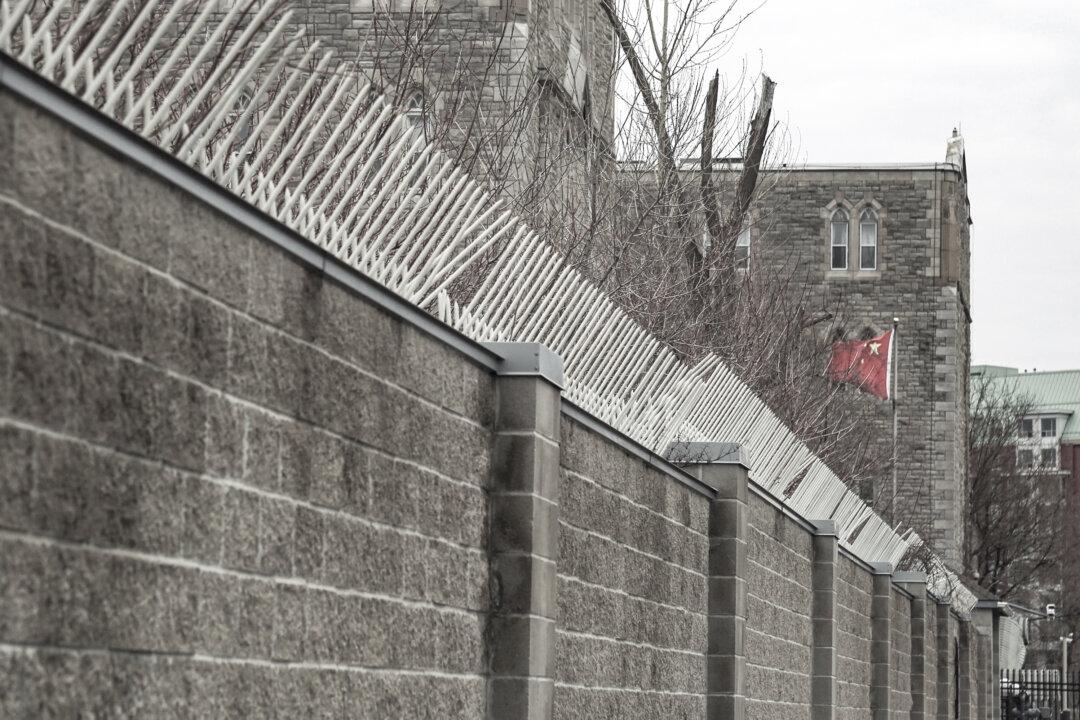Beijing seeks to control the owners of Chinese-language media in Canada, using them to censor content and suppress viewpoints unfavourable to the regime, a veteran journalist told the Foreign Interference Inquiry in Ottawa on Oct. 1.
Victor Ho, former chief editor of Chinese-language newspaper Sing Tao Daily, told the inquiry that due to language barriers, immigrants from mainland China have “a universal habit” of consuming news from their home country, making them particularly vulnerable to Beijing’s disinformation and propaganda campaigns.





